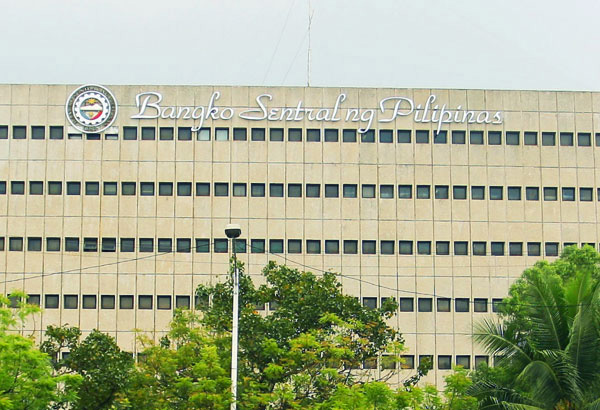Philippines: Real estate exposure of Phl banks dips below 20%
MANILA, Philippines – The real estate exposure of Philippine banks finally eased below 20 percent in the first quarter as housing prices remained steady amid sustained demand, data from the Bangko Sentral ng Pilipinas (BSP) showed.
The BSP said real estate loans jumped 21.6 percent to P1.32 trillion in the first quarter from P1.08 trillion in the same quarter last year amid the steady rise in housing prices due to strong demand.
Residential loans grew 21.3 percent to P322.9 billion from P266.1 billion while commercial real estate loans increased 21.6 percent P994.85 billion from P817.78 billion
The share of real estate exposures from the banks’ total loan portfolio increased to 19.5 percent in end-March from 19.2 percent in end-March last year but eased from 20.8 percent in the fourth quarter of last year.
The total loan portfolio of Philippine banks increased 19.3 percent to P6.75 trillion in end-March from P5.66 trillion in end-March last year.
The BSP monitors the real estate exposures of universal, commercial, and thrift banks as part of its broader role of assessing the quality of bank exposures to the different sectors of the economy.
The BSP stepped up its watch over the real estate sector as early as 2012 by ordering banks to disclose more comprehensive reports on their exposures to property industry. It has set the cap on real estate loans at 20 percent of the bank’s total loan portfolio.
Housing prices nationwide remained steady in the fourth quarter of last year amid sustained demand as the economic expansion is also being felt in the provinces.
The Residential Real Estate Price Index (RREPI) was nearly unchanged, inching up 0.3 percent to 113.9 in the fourth quarter of last year from 113.6 in the same quarter in 2015.
The growth was slower than the 2.2 percent increase booked in the third quarter of last year when the RREPI stood at 113.4 against the 111 registered in the third quarter of 2015.
The RREPI measures the average changes in prices of different types of housing units over a period of time across geographical areas where the growth rate of the index measures house price inflation.
BSP Deputy Governor Diwa Guinigundo earlier said there is a strong domestic demand in the Philippines for both residential and commercial properties as there is a large shortage of housing units supported by a big base of young, employed people especially in the services sector.
“As the economy continues to grow, demand for commercial space will be sustained. At the same time our real estate developers have become more prudent by doing due diligence of the market as they learned their lesson during the Asian financial crisis,” he said.
Guinigundo pointed out some developers build their projects on a pre lease bases wherein there are establishments willing to sign contracts for lease even before the actual construction of the building.
Source: http://www.philstar.com/business/2017/05/22/1702196/real-estate-exposure-phl-banks-dips-below-20


 English
English




